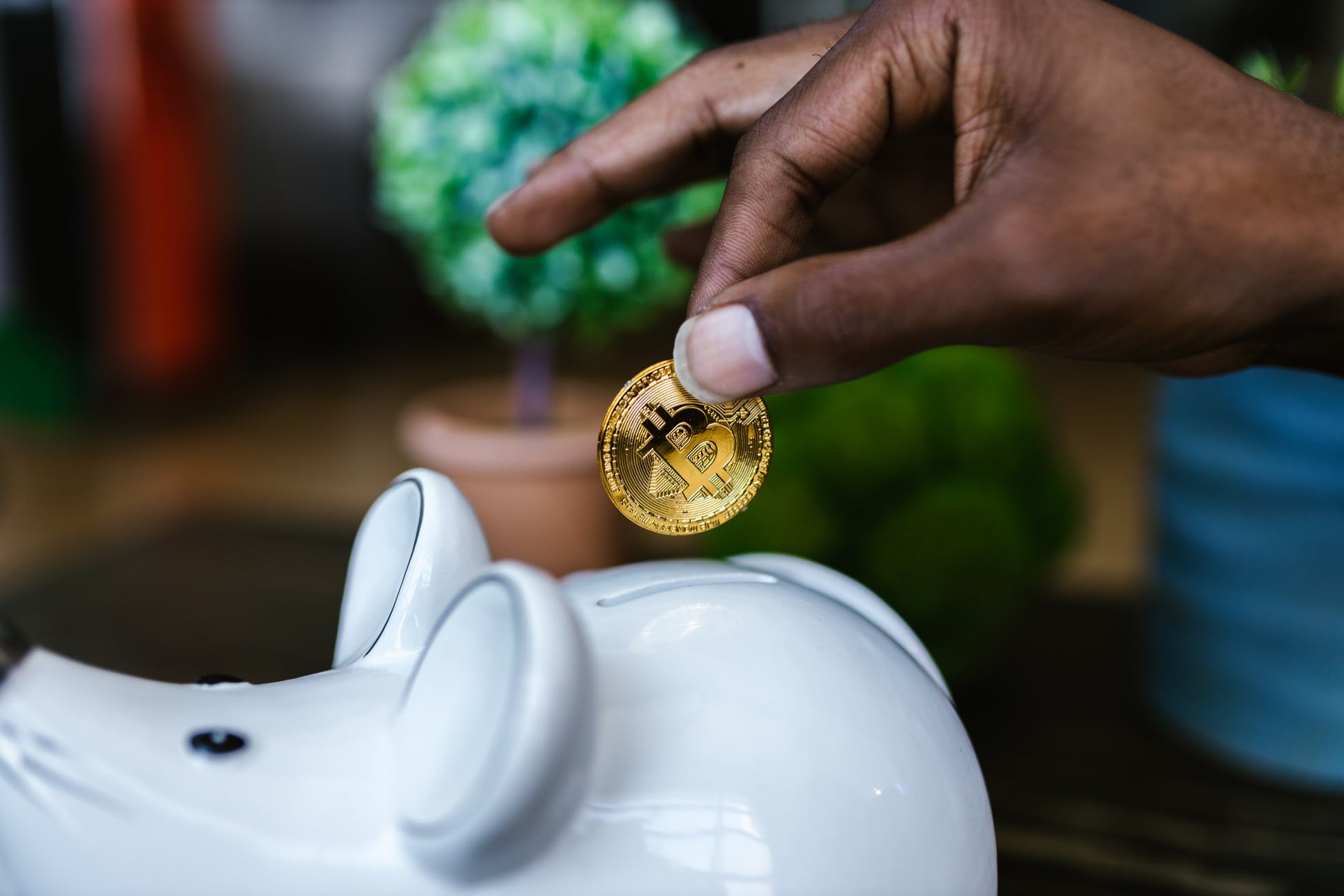Cryptocurrencies have been seeing a major rise in Nigeria, with more people learning about, buying, and using digital assets. Fuelled by inflation, exchange rate fluctuations, and high fees for cross-border transfers, among others, Nigerians are looking for alternatives to fiat money, and have been turning to cryptocurrencies such as Bitcoin. The digital assets are based on blockchain technology and operate outside of traditional banking systems and centralized institutions. Their influence within Nigeria and on a global level has soared, while more people and businesses use and accept digital assets on a daily.
Even though the Nigerian government has banned transactions with cryptocurrencies through licensed banks, this has not deterred Nigerians from buying and trading digital assets, with the number and volume of transactions steadily on the rise. Cryptocurrencies such as Bitcoin are now even a popular form of payment for daily goods and services, as digital assets continue to make their way to the mainstream.
The widespread use of cryptocurrencies in Nigeria
According to an online survey published by Statista, almost a third of Nigerian participants already use cryptocurrencies. That makes Nigeria one of the biggest markets for digital assets in the world. This is further confirmed by the volume of cryptocurrencies received by users in Africa’s largest economy, as data from Chainalysis has revealed. According to the research firm, a whooping volume of $2.4 billion was received by Nigerians in cryptocurrencies in May this year – a major increase compared to the $684 million received the previous December. The Helsinki-based peer-to-peer exchange LocalBitcoins meanwhile revealed, that from January to May 2021 Nigerians traded roughly 50% more than during the same period in 2020. The true number and volume of cryptocurrency transactions in Nigeria are most likely even higher, as a lot of the trades made cannot be traced by analysts.
A few factors are driving Nigerians to opt for digital assets as an appealing alternative to fiat money. One of these are fluctuating foreign exchange rates. It is highly common in Nigeria to receive foreign currency and make cross-border transactions, for instance from people working abroad. With the Nigerian naira plunging against the dollar over the past few years, exchange rate fluctuations can be a major issue for Nigerians. This is further increased by high fees for such cross-border transactions. Cryptocurrencies, therefore, form a highly appealing alternative to avoid both those issues.
Payments with digital assets are gaining traction
The ongoing rise in cryptocurrency adoption in Nigeria sees many businesses jump on the bandwagon and offer payments for goods and services with digital coins. One of the major players in Africa is the payment processor Paychant, which offers payments with cryptocurrencies to users in Nigeria and ten other African countries to facilitate the use of digital assets in daily life. With the newly launched platform Paychant Quick, users can now easily pay for everyday things such as cable TV, airline fares, event tickets, and mobile phone credit using Bitcoin and other digital coins.
With offers such as that, cryptocurrencies – first and foremost Bitcoin – have been making their way to the mainstream, which can be seen both on a national and a global scale as more businesses adopt the new digital form of payment. The trend is evident in many different sectors, while paying with Bitcoin steadily becomes easier and more widespread. Tech giant Microsoft, for instance, allows cryptocurrency payments in its Microsoft Store, while travel agent Expedia lets customers book flights and hotels using digital currencies. They are also present in the entertainment sector, where online casinos have been introducing Bitcoin as a form of payment to play games such as slots and table games on the web. With the increasing number of Bitcoin casinos available online, experts are now reviewing and ranking some of the best platforms to play on using digital currencies to help new players get started. One major company that generated headlines was electric car company, Tesla, after CEO Elon Musk announced they would accept Bitcoin as payment for their high-end vehicles in March 2021 – only to retract this again less than two months later. These examples and a wide array of other companies in Nigeria and worldwide that accept cryptocurrency payments show, how digital assets are moving towards the mainstream on a global scale.
Cryptocurrency adoption in Nigeria is on a steep rise, as more Nigerians buy digital assets and use them in their daily life. Several factors have been driving the trend towards cryptocurrency adoption in the country, with Nigerians looking for alternatives to fiat money and businesses introducing the new digital form of payment.







